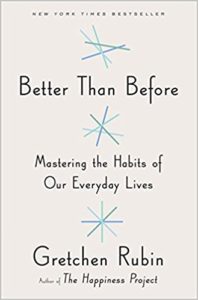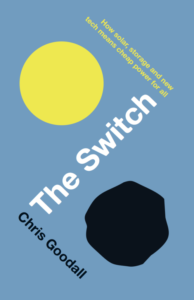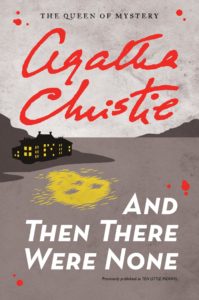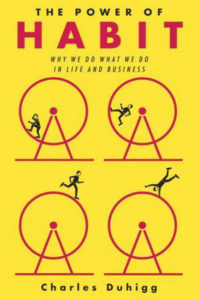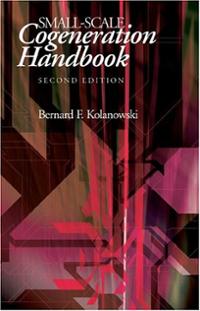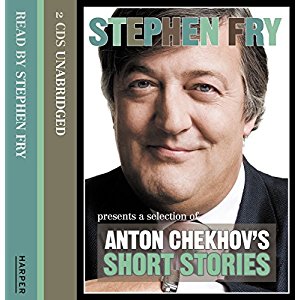Superintelligence: Paths, Dangers, Strategies
by Nick Bostrom, 2014
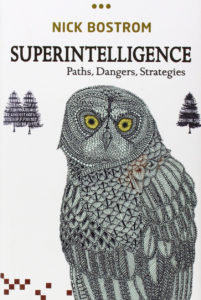
When the book chooses to include a jacket blurb that says “A damn hard read” by the Sunday Telegraph, you know they’re not screwing around. Definitely reads like a lengthy academic paper (260 main text pages). Covers the paths to a machine intelligence takeoff and possible efforts to control or shape such a future. Basically, a super intelligent machine or being will have motivations and capabilities that are hard to control, and if we don’t tackle the control problem before the intelligence takes off, we’re all doomed.
I like the closing paragraphs:
Before the prospect of an intelligence explosion, we humans are like small children playing with a bomb. Such is the mismatch between the power of our plaything and the immaturity of our conduct. Superintelligence is a challenge for which we are not ready now and will not be ready for a long time. We have little idea when the detonation will occur, though if we hold the device to our ear we can hear a faint ticking sound.
For a child with an undetonated bomb in its hands, a sesible thing to do would be to put it down gently, quickly back out the room, and contact the nearest adult. Yet what we have here is not one child but many, each with access to an independent trigger mechanism. The chances that we will all find the sese to put down the dangerous stuff seem almost negligible. Some little idiot is bound to press the ignite button just to see what happens.
Nor can we attain safety by running away, for the blast of an intelligence explosion would bring down the entire firmament. Nor is there a grown-up in sight.
In this situation, any felling of gee-wiz exhilaration would be out of place. Consternation and fear would be closer to the mark; but the most appropriate attitude may be a bitter determination to be as competent as we can, much as if we were preparing for a difficult exam that will either realize our dreams or obliterate them.
This is not a prescription of fanaticism. The intelligence explosion might still be many decades off in the future. moreover, the challenge we face is, in part, to hold on to our humanity: to maintain our groundedness, common sense, and good-humored decency even in the teeth of this most unnatural and inhuman problem. We need to bring all our human resourcefulness to bear on its solution.
Yet let us not lose track of what is globally significant. Through the fog of everyday trivialities, we can perceive – if but dimly – the essential task of our age. In this book, we have attempted to discern a little more feature in what is otherwise still a relatively amorphous and negatively defined vision – one that presents as our principal moral priority (at least from an impersonal and secular perspective) the reduction of existential risk and the attainment of a civilizational trajectory that leads to a compassionate and jubilant use of humanity’s cosmic endowment.
